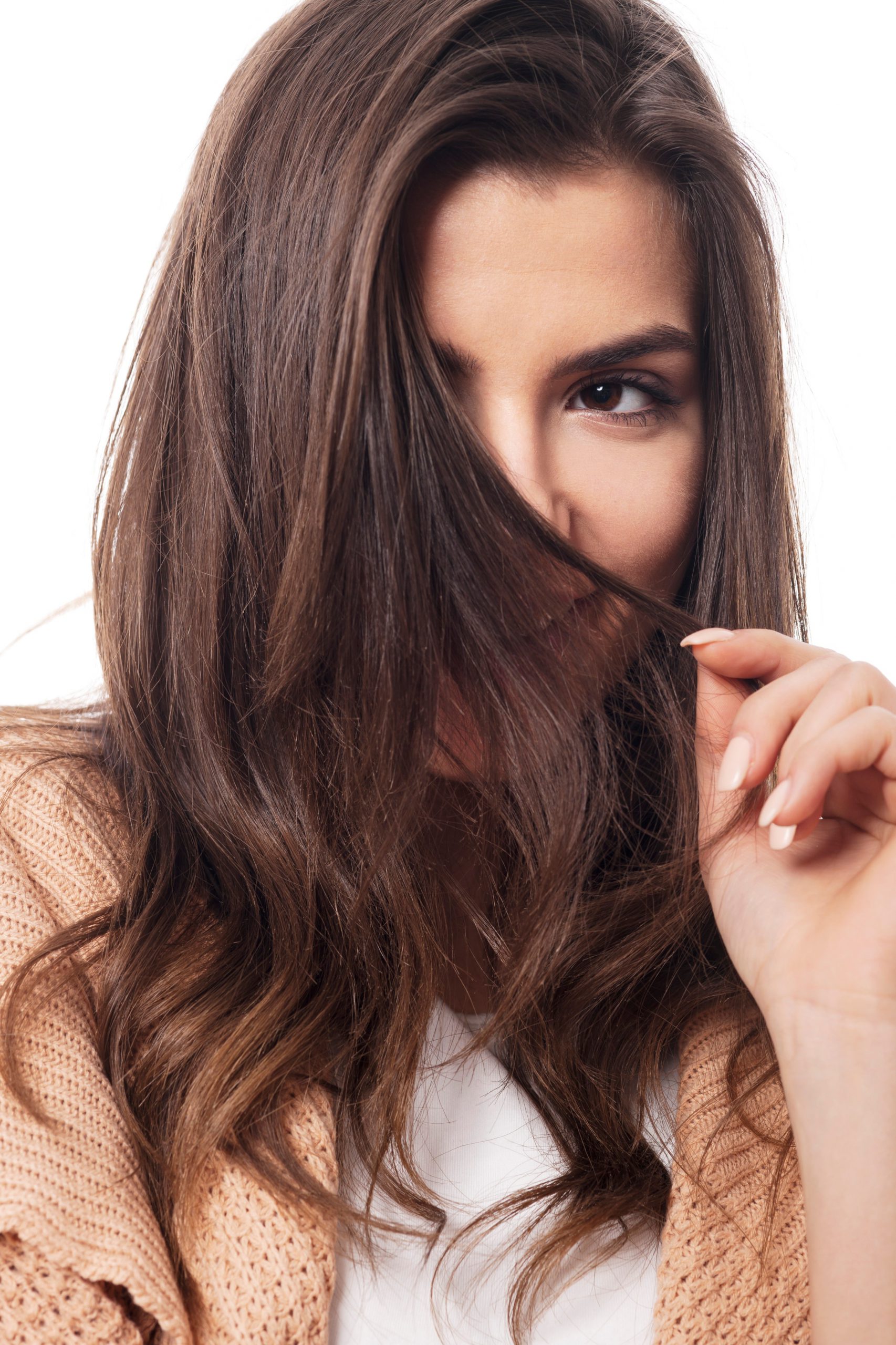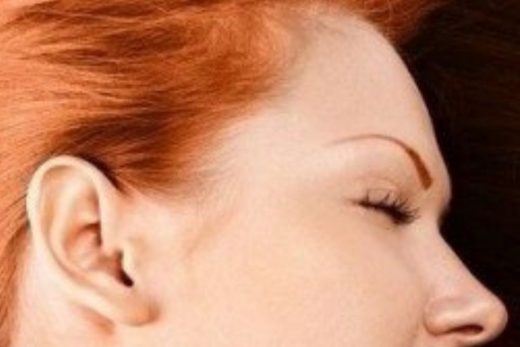With the arrival of the autumn months, the number of people who have hair loss problems is also increasing. Well, about why our hair is falling out, about the effects of seasonal changes on hair loss and preventive measures.
1 – What causes hair loss during seasonal changes?
Hair loss is a common problem in men and women and negatively affects the quality of life of patients. In fact, every strand of hair falls out when it completes its development. Although this period varies according to our genetic characteristics, it is 2-6 years on average. On the other hand, the existence of seasonal hair loss is still not clear. However, the general opinion is that the shedding increases during the seasonal transition. This increase is more common in women. The reason is thought to be largely due to hormonal changes or stress observed during seasonal transitions. At the same time, environmental factors such as sea salt, pool chlorine, sun rays exposed in the summer months cause hair to wear and increase hair loss. However, studies have shown that hair growth increases and hair loss decreases in summer to protect the skull from sunlight. Intense shedding is observed, especially between September and November, with the shedding of the hair that is delayed with the cooling of the weather.
2 – How much hair loss is normal during this period? At what stage hair loss becomes important now?
Loss of 100-150 hair strands per day is considered normal. However, if this spill has been present for more than two months or if there is a significant opening in the scalp even if it has been for less than two months, it should be investigated.
3 – What are the factors that increase hair loss?
Hair growth is a very complex process. Our genetics and hormones generally determine the density and thickness of our hair. So the first rule for healthy hair is good genetics. However, various hormonal disorders, especially goiter and polycystic ovary syndrome, increase hair loss. An important cause of hair loss is the reactive hair loss seen in most women after childbirth. Physical factors such as drugs used by the person or intense chemicals and high heat on the hair also increase hair loss. Lack of protein, vitamins, minerals, amino acids and essential fatty acids, which are necessary for hair growth, is also one of the important reasons that increase hair loss. Heavy diets, previous surgeries, infections and of course today’s plague stress are other factors that increase hair loss.
4 – What is the link between nutrition and hair loss during this period?
The relationship between nutrition and hair loss continues throughout the year, not only during seasonal changes. Our hair is generally fed internally and externally supported. Hair is the fastest growing tissue in our body after bone marrow. Therefore, it needs protein, vitamins and minerals for this rapid growth. In the absence of these, hair loss occurs and / or existing hair loss becomes more severe. These include iron, zinc, vitamin A, vitamin B complex (B2-B5-B6-B9), biotin, vitamin B12, vitamin C, vitamin E and essential fatty acids. With the intake of these vitamins in sufficient daily doses, a decrease and / or improvement in existing hair loss is observed.
5 – Seasonal hair loss is more common in who?
Seasonal hair loss, unfortunately, is more common in women. Perhaps the most important reason for this may be the higher awareness of women about hair. However, women are more affected by the hormonal and psychological changes observed during seasonal changes. It is assumed that this effect also increases hair loss.
6 – What should be done to prevent hair loss?
In order to prevent shedding, the cause of hair loss should be determined first. Hair loss is generally physiological. However, it may also be a symptom of genetic makeup or an underlying disease. The cause of hair loss is determined with detailed history, physical examination, various laboratory tests and interventional diagnostic methods in the patient who applies with hair loss and treatment is planned accordingly. Hair loss in general; It may develop due to male pattern genetic spills (Androgenic-Androgenetic alopecia), reactive hair loss (Telogen effluvium), skin disease, hair disease, immune system disease, infections, hormonal causes, physical or chemical factors, congenital diseases and tumors. After determining the cause, treatment should be planned accordingly. For example; Minoxidil and Finasteride are FDA-approved treatments for androgenic alopecia. However, it can cause various side effects. However, PRP, mesotherapy, cellular treatments, stem cell and hair transplantation in advanced cases are among the treatment options. Reactive hair loss, on the other hand, includes inflammatory diseases, severe infections, major surgical operations, traumas, chronic diseases, hormonal changes such as pregnancy and childbirth, goiter, rapid weight loss diets, extreme weakness, low protein intake, chronic iron deficiency, various medications, various skin diseases and may develop due to stress. If the condition that causes hair loss is due to a vitamin, mineral or protein deficiency, the missing must be supplemented. If it is due to hormonal disorders such as polycystic ovary syndrome or goiter, treatment for the underlying hormonal problem should be planned.
In addition to all these, supportive treatments are also important in hair loss. Supplements are generally known as supplements and contain a wide variety of vitamins, minerals and amino acids, such as iron, selenium, biotin, zinc, essential fatty acids, vitamin A, vitamin B complex, vitamin E and niacin.
7 – Which hair care products should be used during this period?
I recommend sulfate-free shampoo, serums-solutions that increase scalp blood flow and contain various vitamins to my patients who frequently present with dryness, dullness and loss of hair during seasonal changes. However, I encounter many people who dry their hair due to the effect of the sun, the sea and the pool, and I recommend various moisture masks and conditioners to be used only on the ends of the hair for these patients.
8 – Does the use of anti-hair loss shampoo and serum prevent seasonal loss?
These products help to shorten the spill process in general in physiological spills. But if there is an accompanying disease or deficiency, it should not be overlooked.
9 – Is it possible to prevent seasonal hair loss with supplements?
In seasonal hair loss, supplementary foods usually shorten the shedding process and reduce hair loss by strengthening the hair. However, if there is an underlying genetic predisposition or any disease, treatment for the cause should not be omitted.
10 – How long will spilled hair grow?
The hair grows by an average of 1-1.5 cm in the summer months and 1 cm per month in the winter.





